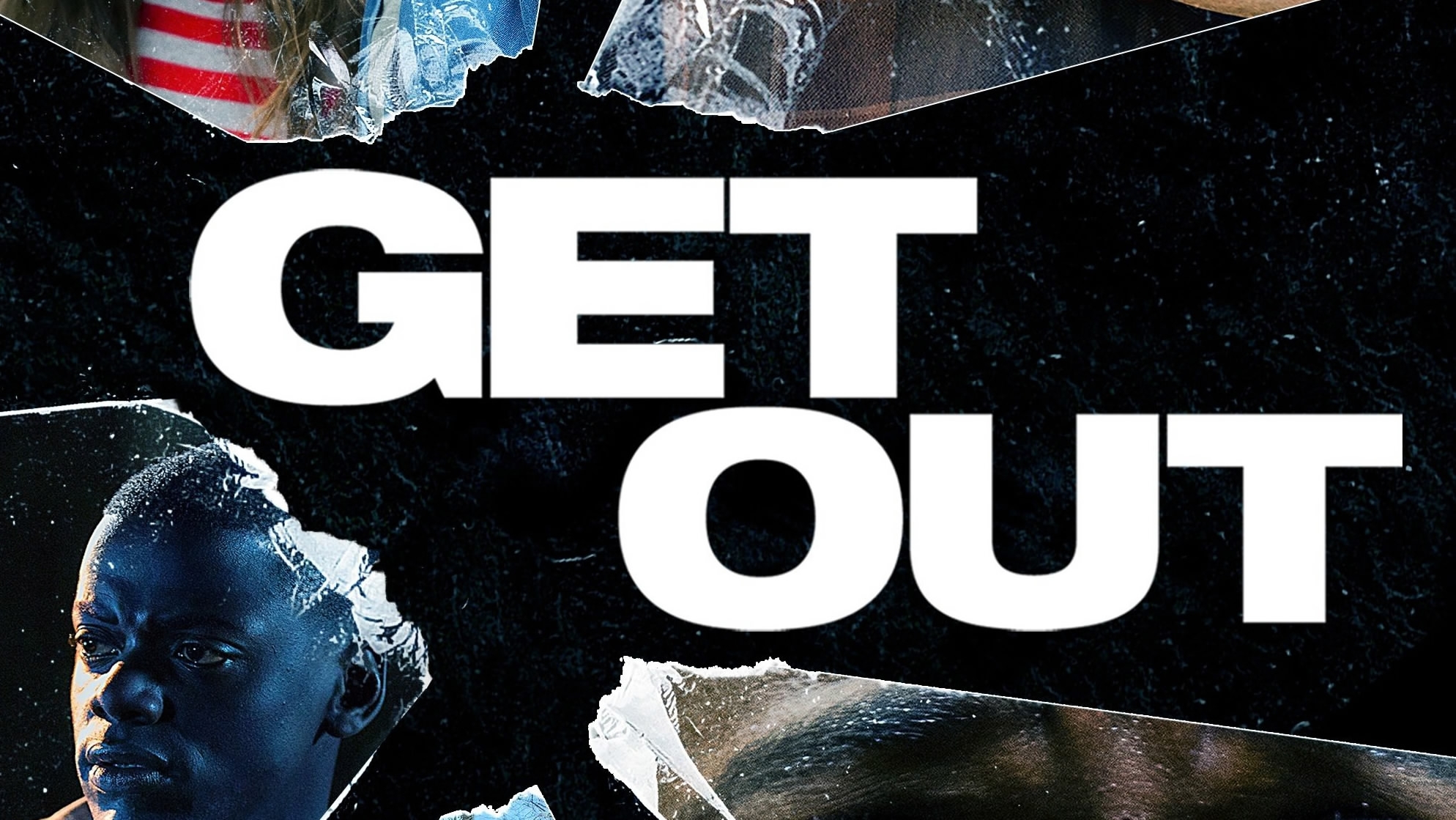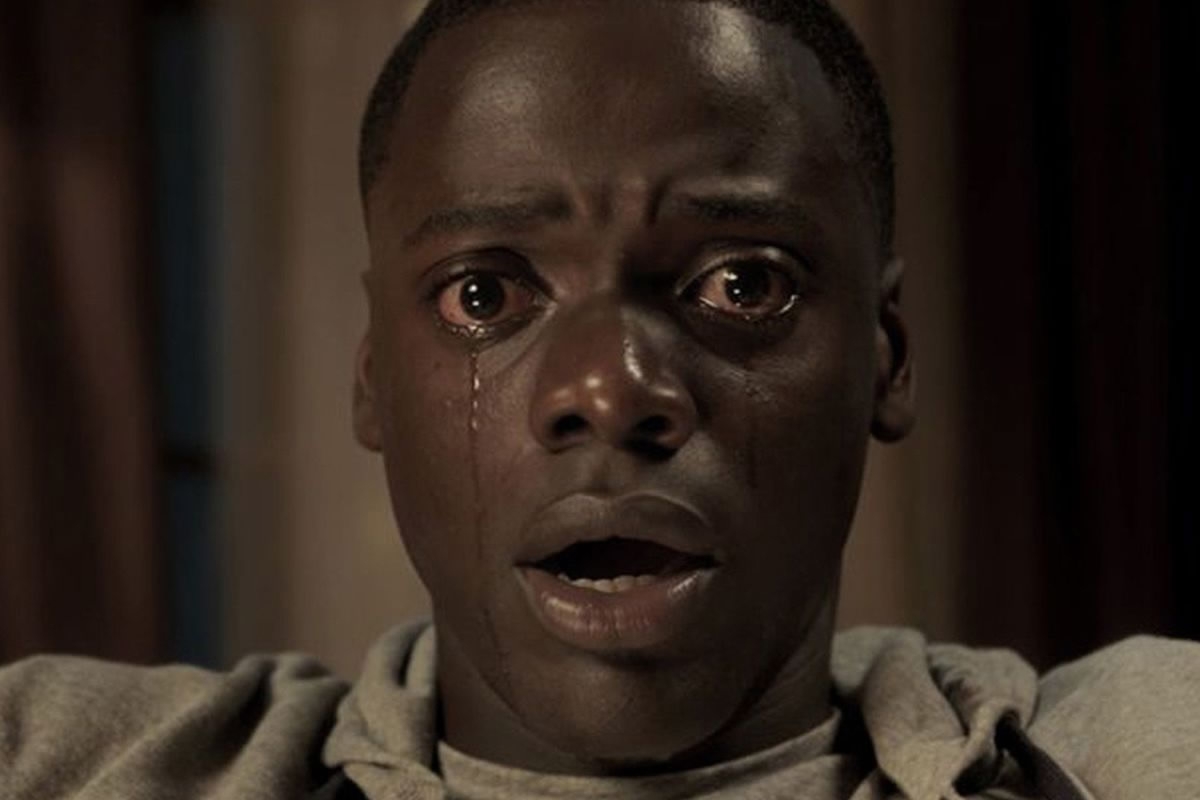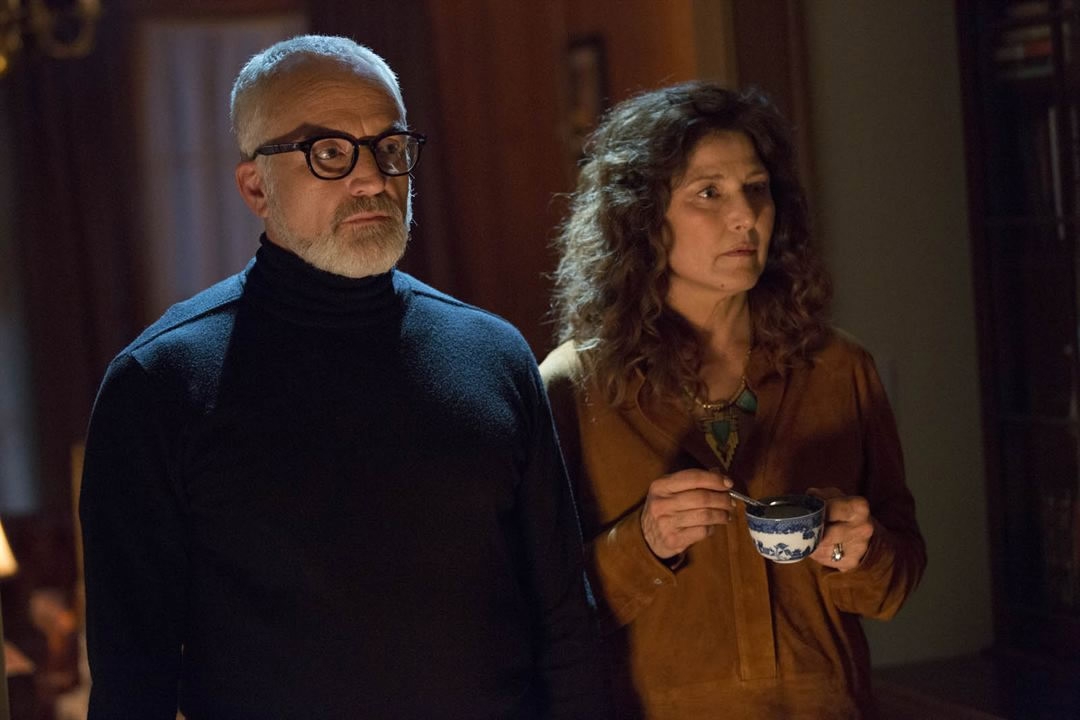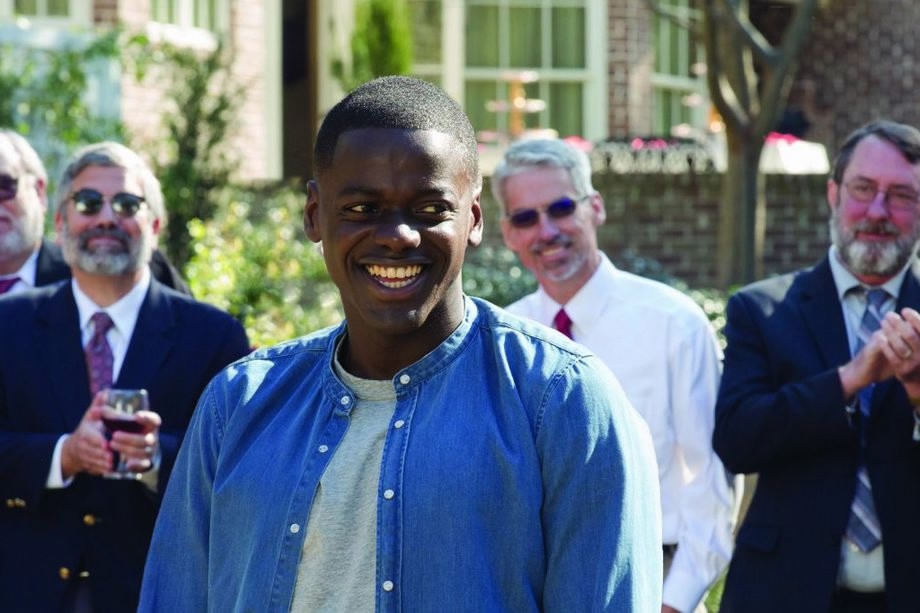
Culture
22:01, 04-Mar-2018
Best Picture Roundup - Get Out
Josh McNally

The 90th Academy Awards ceremony is taking place on March 4 and this year nine films have been selected for the much coveted Best Picture category. Among them is "Get Out," a horror comedy about Chris, an African-American photographer who spends the weekend with the wealthy family of his white girlfriend, Rose, at their house in the countryside, but quickly their friendliness and welcoming demeanor turn into something far more sinister.
The film is both written and directed by Jordan Peele, best known for being one half of the sketch comedy duo "Key & Peele," and is the first movie he has developed as a solo project, having previously written and starred in the action comedy, "Keanu." "Get Out" is a rare Best Picture nomination as it is both a debut and a horror movie – a genre that has been spurned by the Oscars ever since Jonathan Demme’s "Silence of the Lambs" won Best Picture in 1991. It was a surprise hit with audiences too, grossing 255 million US dollars from a budget of only 4.5 million US dollars, figures rarely heard of for February releases.

Daniel Kaluuya as Chris, about to enter The Sunken Place, in "Get Out." /Universal Pictures Photo
Daniel Kaluuya as Chris, about to enter The Sunken Place, in "Get Out." /Universal Pictures Photo
Genre films typically always find their niche but perhaps the biggest surprise is the unanimous acclaim it received from mainstream critics as well as their genre counterparts, with the consensus being that the film’s success comes from its treatment of American racism – be that laughing at it, using it as a basis for scares, or quite simply being one of the only films to pay attention. Writing for the New York Times, Manohla Dargis describes the film as being about “a black man in a white nightmare” and says it is about “21st century white racism and its rationales,” with the horror centering on the fact that “Chris, separated existentially, chromatically and every other way, spends so much time putting the white world at ease that he can’t recognize the threat coming for him.”
Writing for Time magazine, Stephanie Zacharek points out however that, while this is explicitly what the film is about, it doesn’t become preachy and hectoring. Instead, “it’s an agile entertainment whose social and cultural observations are woven so tightly into the fabric that you’re laughing as you’re thinking, and vice-versa.” The divide between white liberals and black people makes up the bulk of the material, but it remains “sardonic but never bitter. [Peele]’s inquisitive but never sour-spirited –he prefers asking questions to scoring points.”

Bradley Whitford and Catherine Keener. /Universal Pictures Photo
Bradley Whitford and Catherine Keener. /Universal Pictures Photo
But were the film simply a discussion on race, it would never have become as popular as it has. Zacharek goes on to say that there is “a pure pleasure” to watching the film and that it is “inventive and lively horror filmmaking” which is backed up by Anthony Lane of The New Yorker, whose mini-review, while also focusing on the racial aspects of the movie, dedicates the bulk of a final paragraph to describing how “the plot does begin to stream with blood in the final quarter, as pretty much everything, including a deer’s antlers, is pressed into service as a homicidal tool” and that “race—accounts for every inch of violence that we see. White on black, black on white, no quarter is given: that’s the deal…”
One of the lone dissenters has been Armond White. Known for having opinions that are often controversial, and just as often seemingly intentionally so, White was the first major critic to post a negative response to "Get Out" – headlines pointed out he ended the film’s 100% rating on Rotten Tomatoes - in which he described the film as being “'Guess Who’s Coming To Dinner' meets 'Rosemary’s Baby' meets 'Meet The Fockers'” but unfulfilling its potential. Unlike the others, he thinks both sides of the horror-comedy blend fail: To him, “Trite post-racial ironies” make up the humor and the scares are based in an “[imitation of] the slave-era terror of '12 Years a Slave'. Peele’s plot jacks up that film’s existential paranoia, a modern response to the helplessness of enslavement that politically naïve kids now dread as a modern American reality.”

Chris as the pre-bingo garden party. /Universal Pictures Photo
Chris as the pre-bingo garden party. /Universal Pictures Photo
According to Oddschecker, the best chance for winning an award is in Best Screenplay, which is hovering around 11/8, putting it slightly ahead of "Lady Bird", but it’s a long shot in every other major category it is nominated for: It is 25/1 for Best Picture, between 33 and 50/1 for Best Director and 14/1 for Best Actor.

SITEMAP
Copyright © 2018 CGTN. Beijing ICP prepared NO.16065310-3
Copyright © 2018 CGTN. Beijing ICP prepared NO.16065310-3